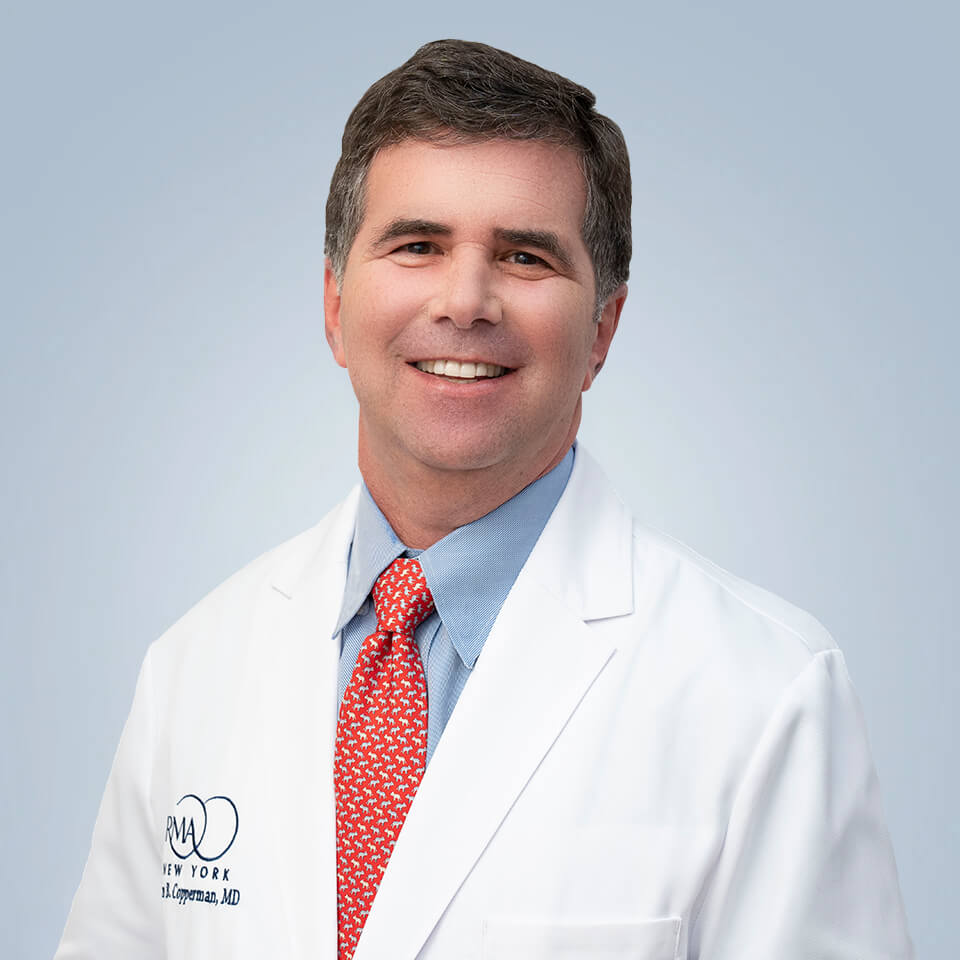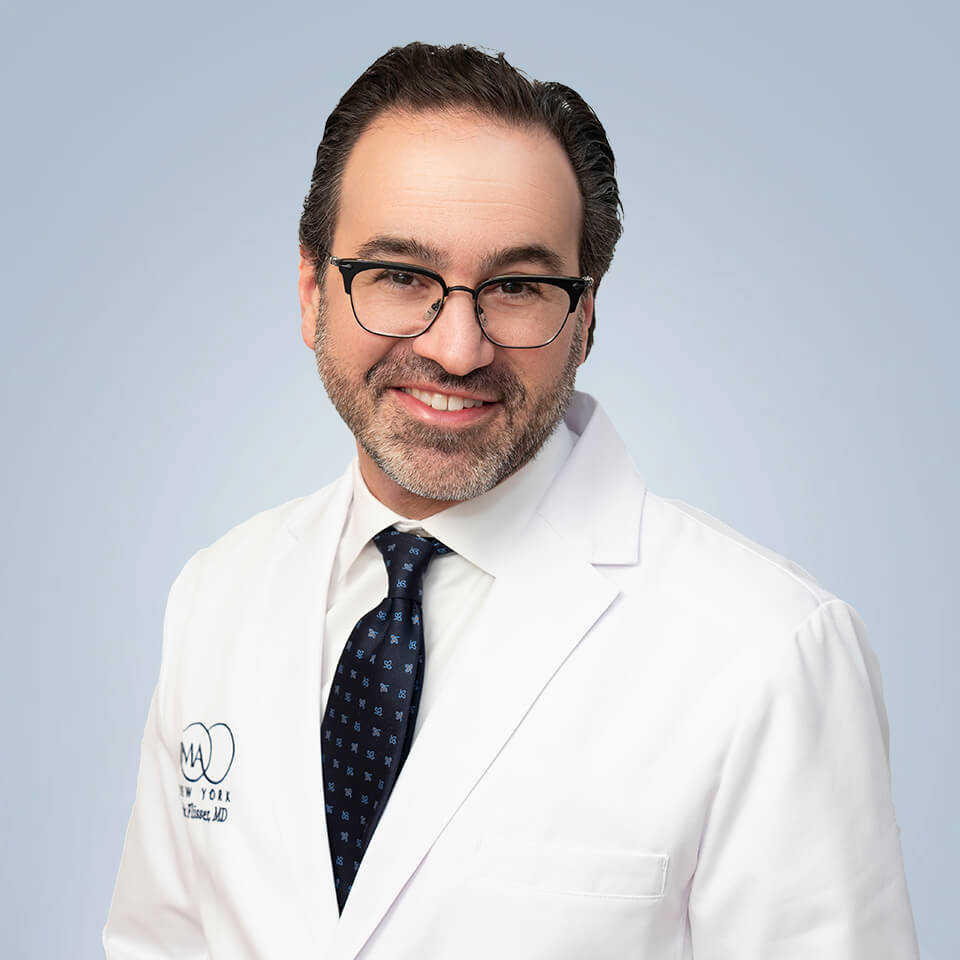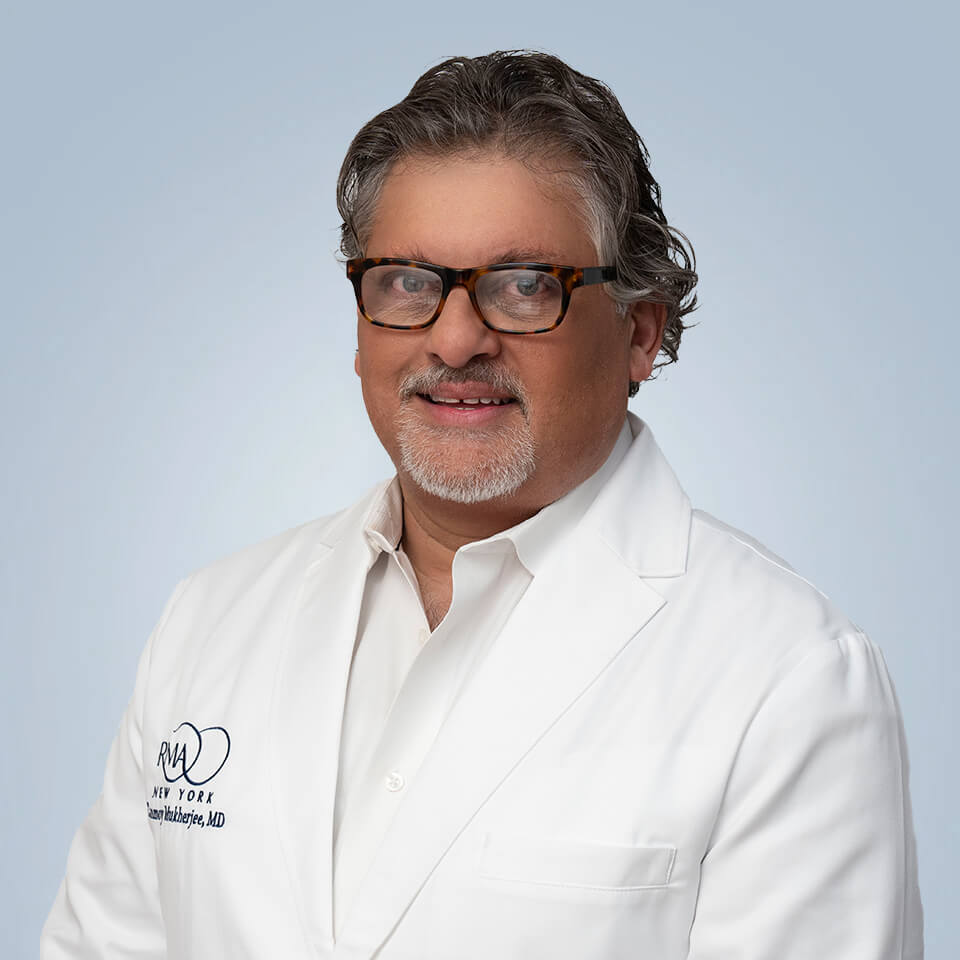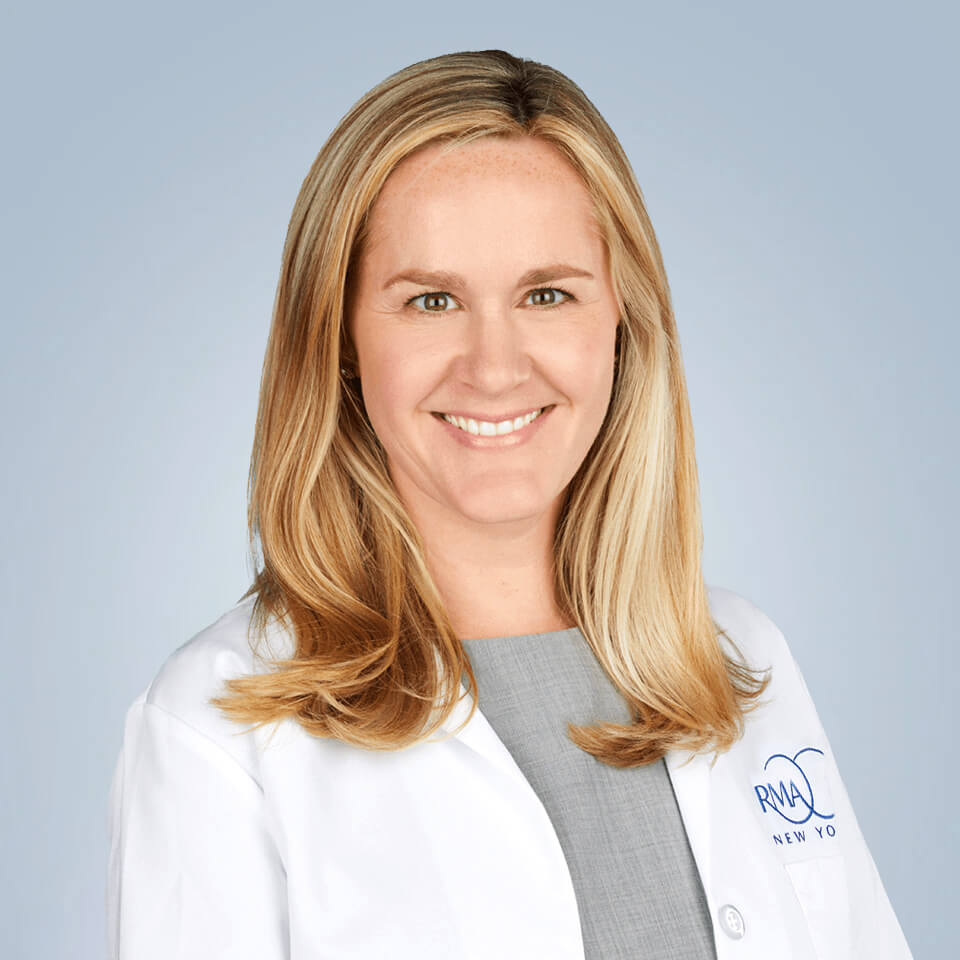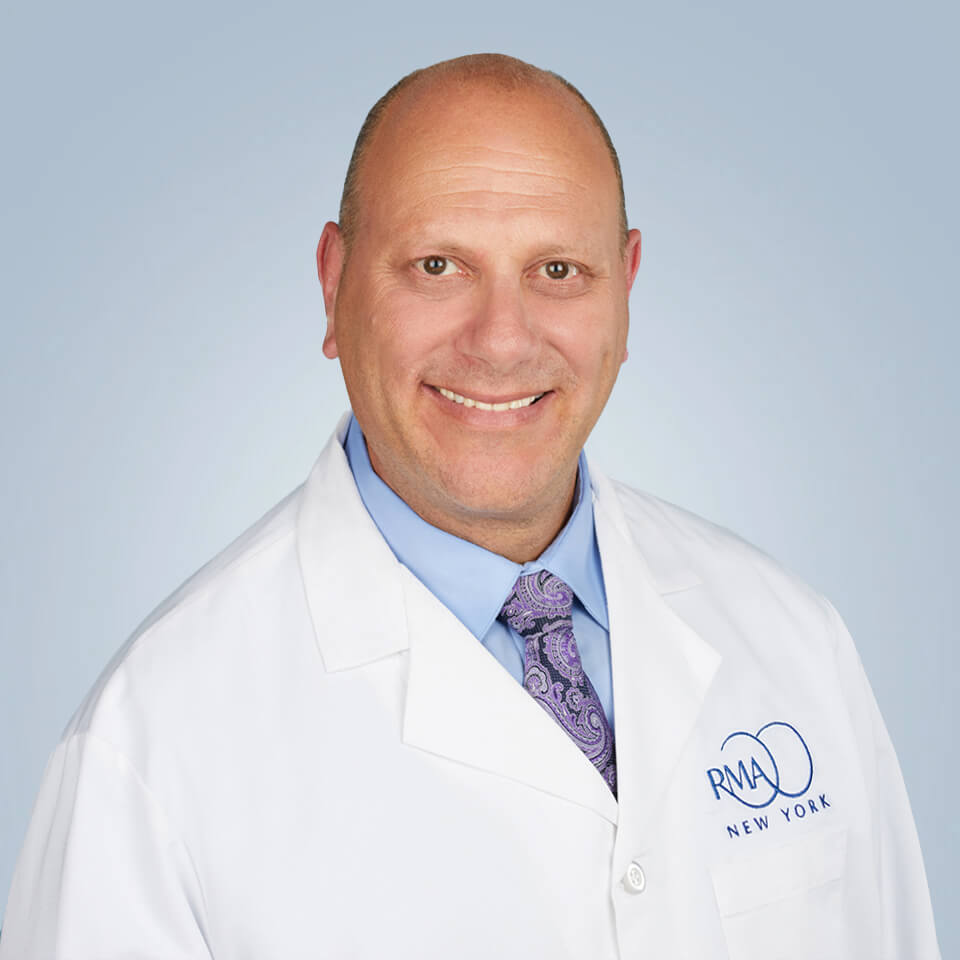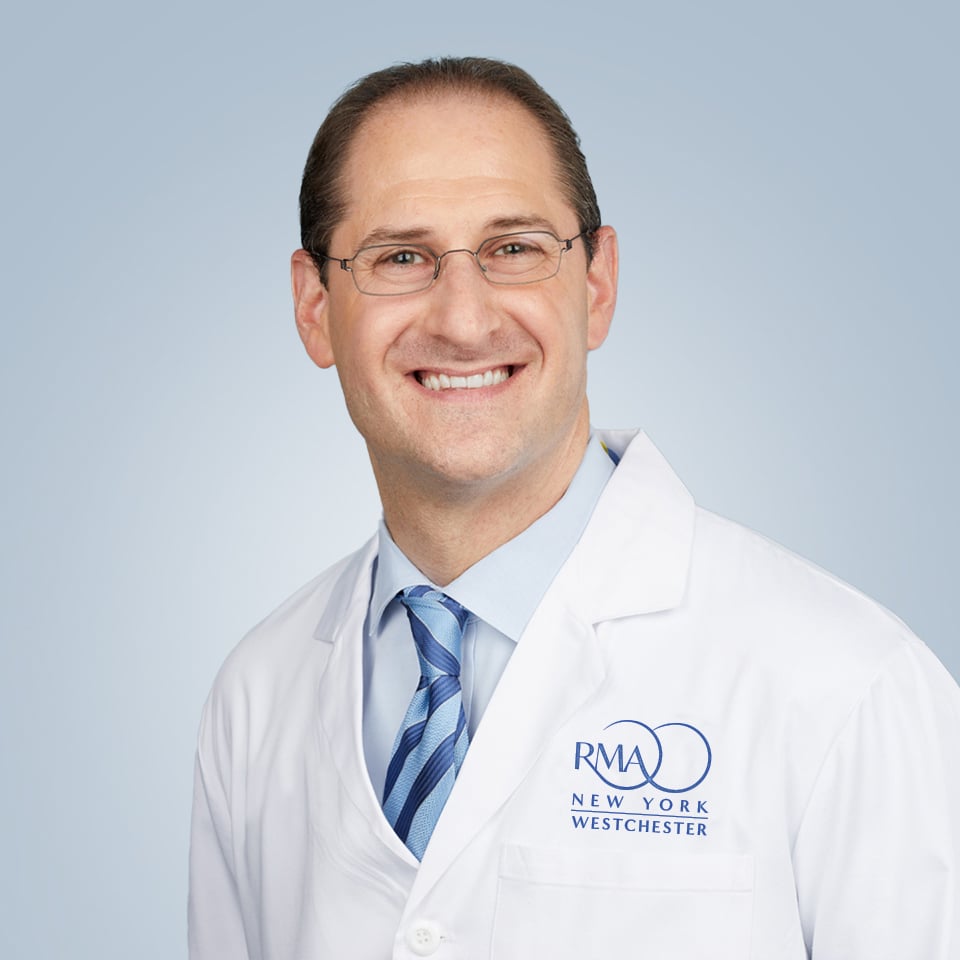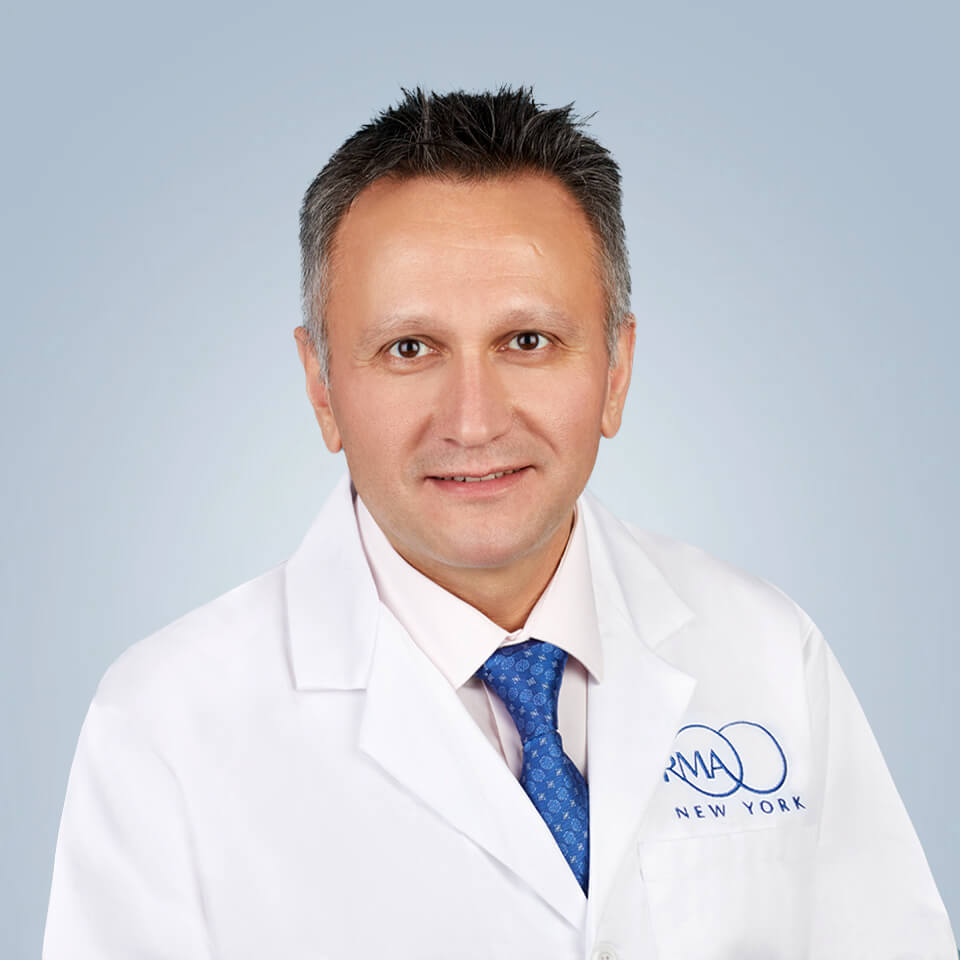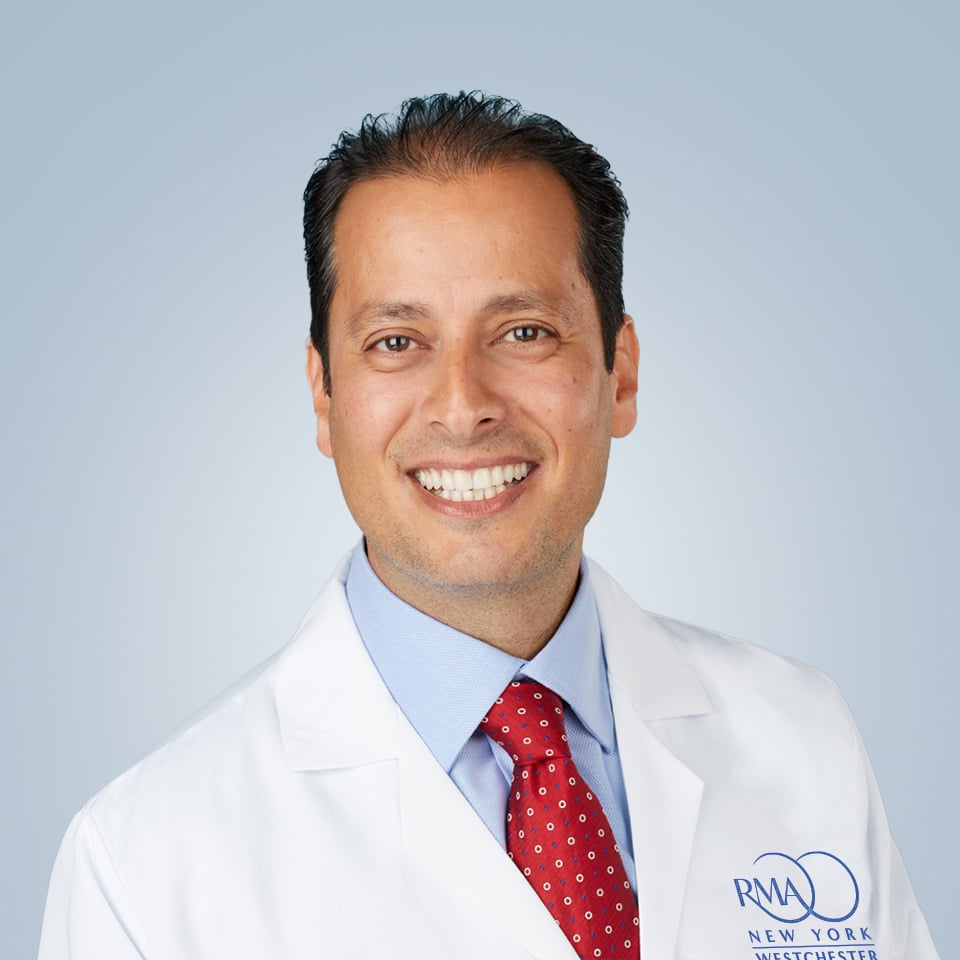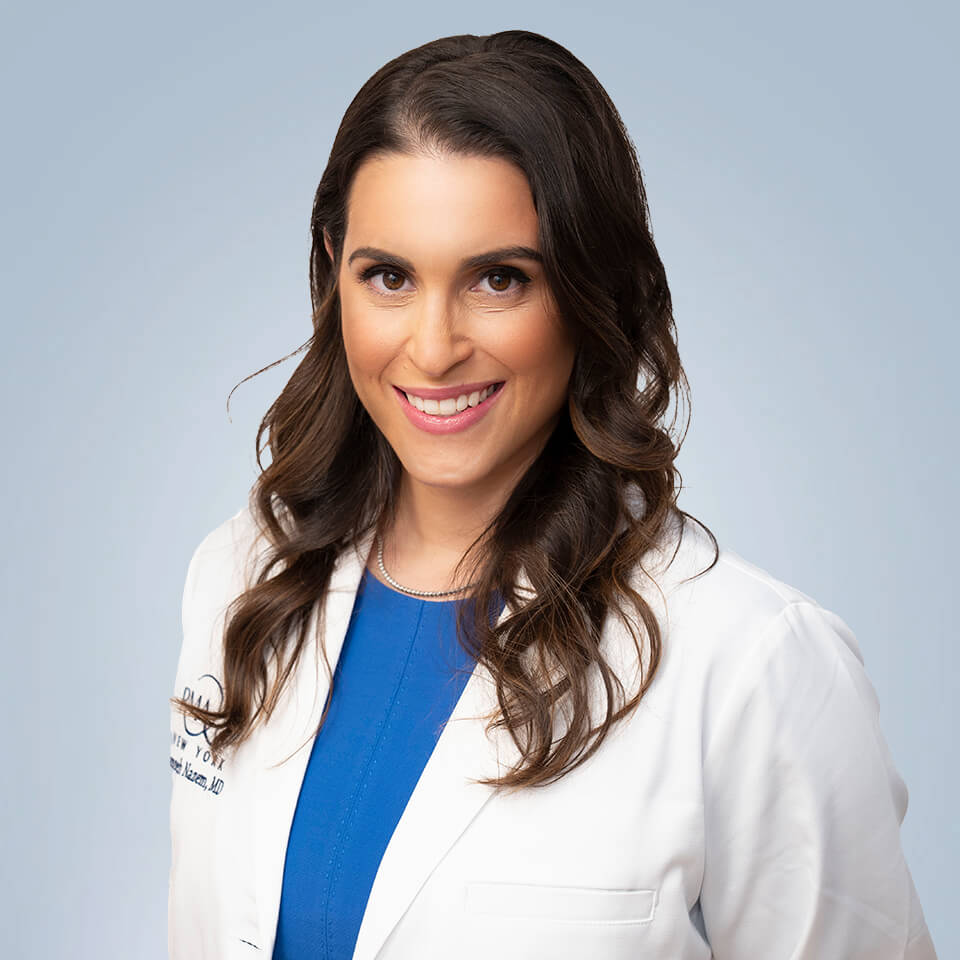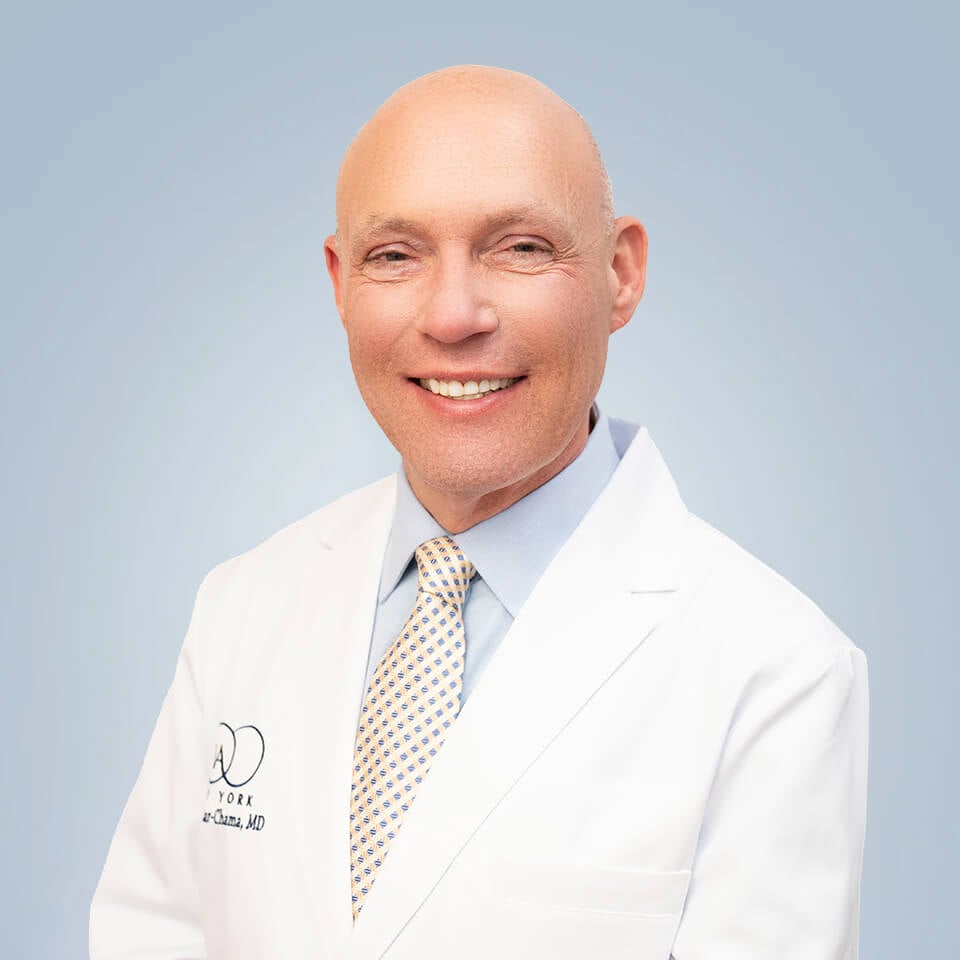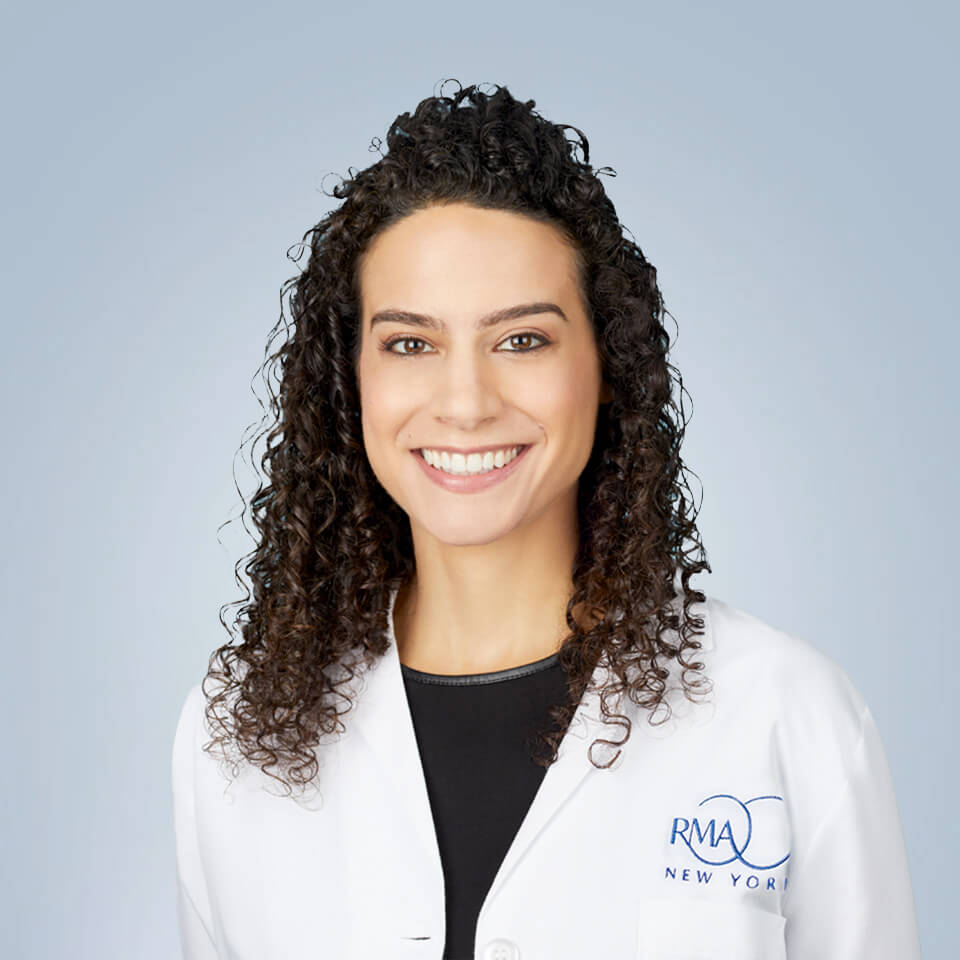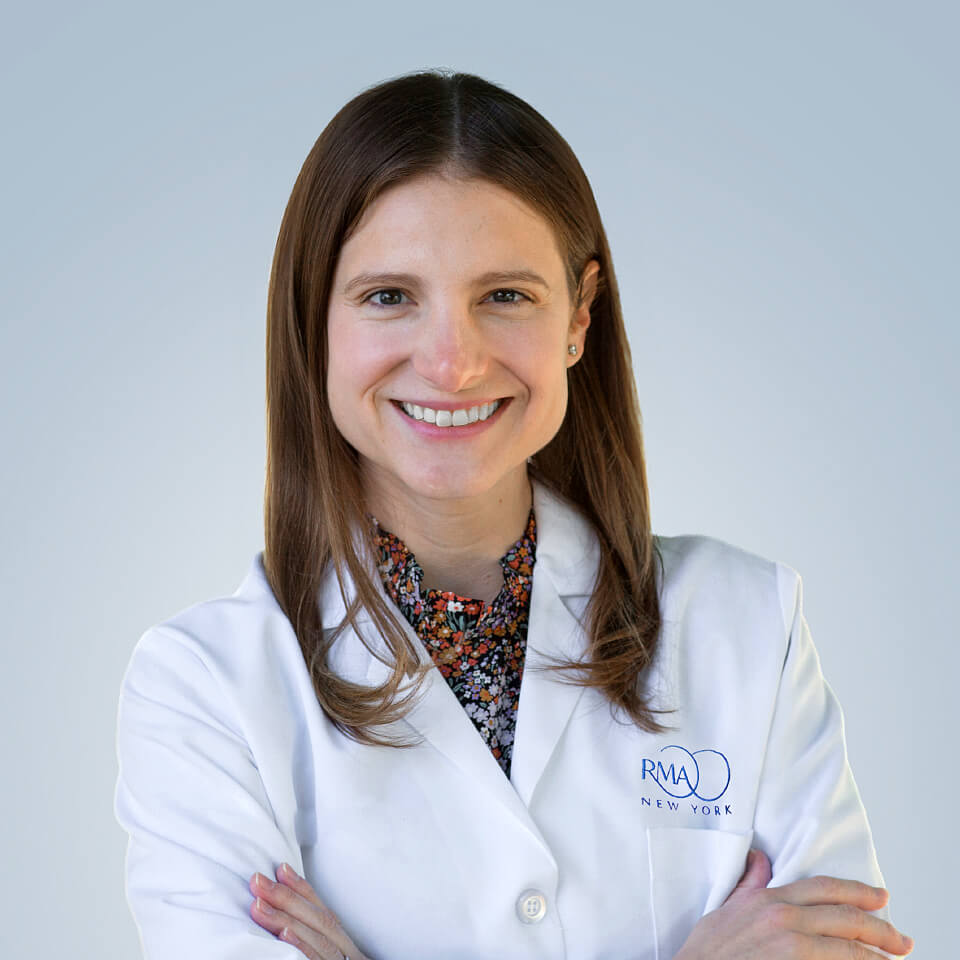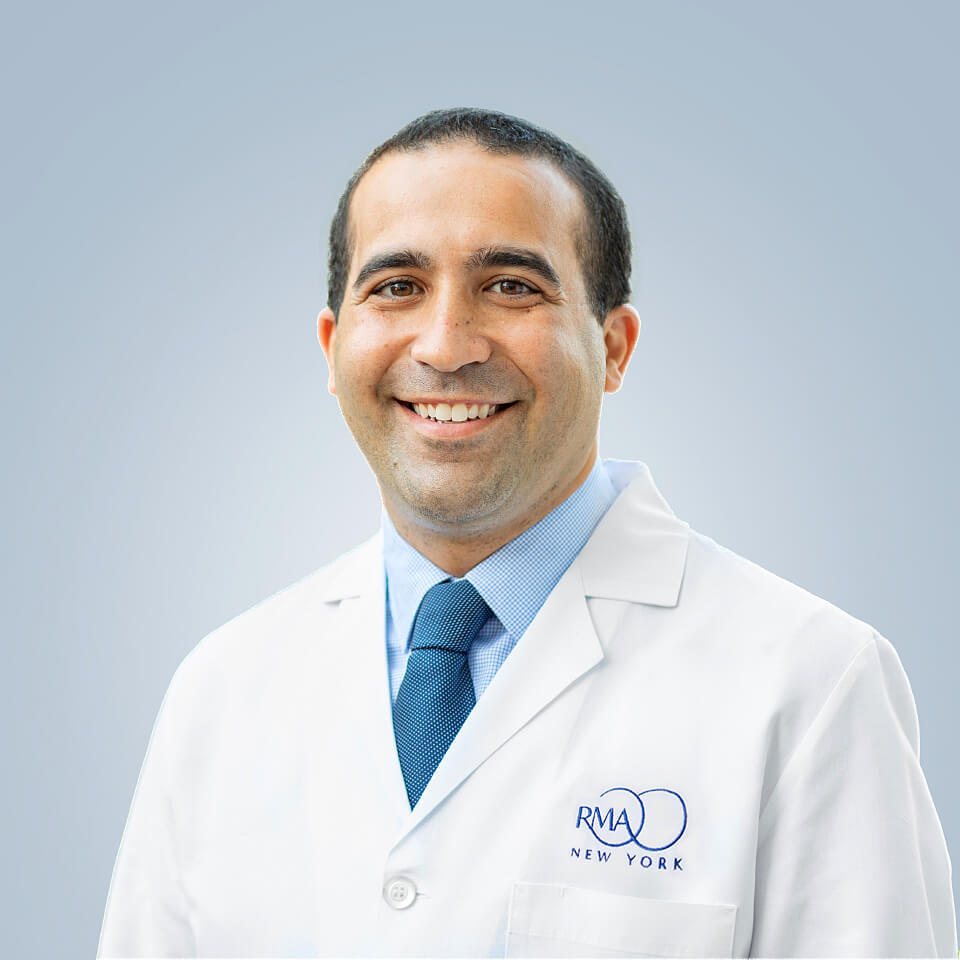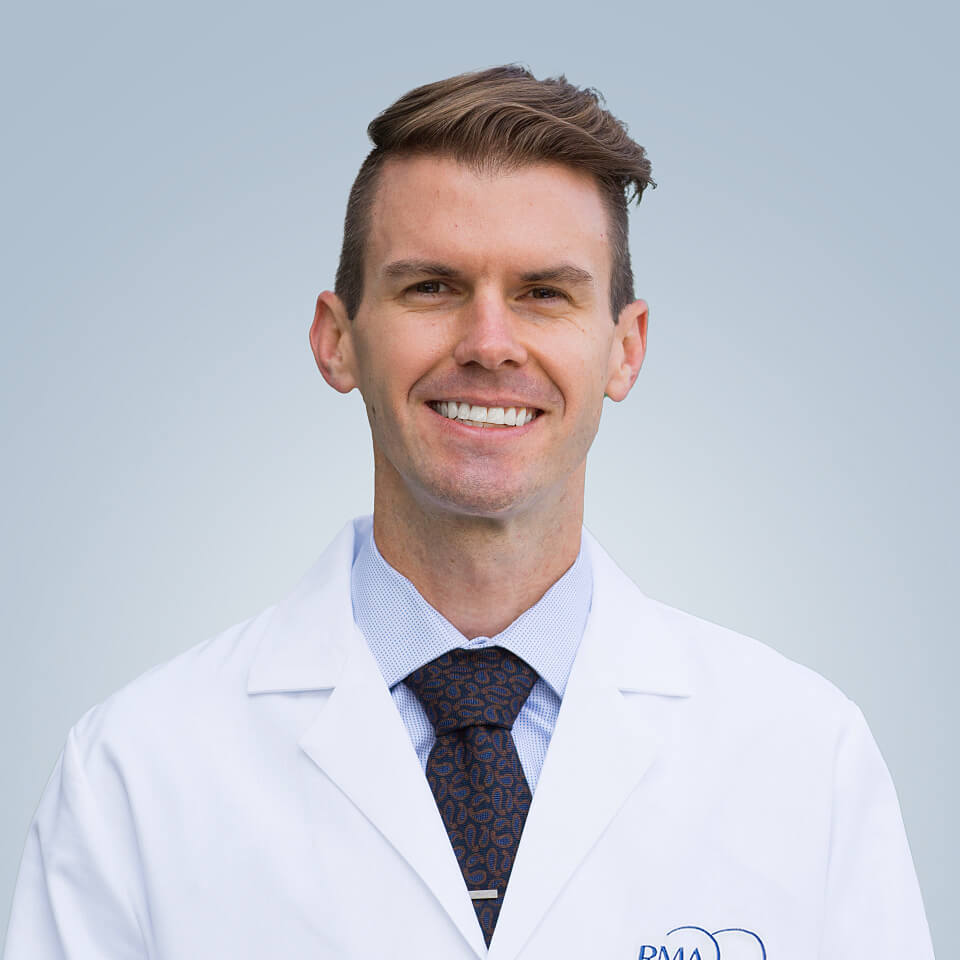Understanding Fertility Treatment Options for Transgender Family-Building
Trans and gender diverse individuals and couples have a variety of options for their fertility treatment and family-building goals.
For Those Taking Hormones
Individuals Taking Testosterone
Trans people with eggs who are taking testosterone
Today, there is only limited data regarding the impact of high levels of testosterone on egg health. That’s why we encourage trans and gender diverse individuals who have started gender affirming hormone therapy (GAHT) to stop taking testosterone for at least 3 months prior to fertility treatment so that you have the best possible chance of achieving your fertility and family-building goals.
While there is data on how high levels of testosterone can impact egg health, it is still very limited. At RMA of New York, in order to have the best chance to achieve your fertility and family-building, we recommend that trans and gender diverse individuals who have started gender affirming hormone therapy (GAHT) with testosterone, stop for at least 3 months prior to fertility treatment.
The egg retrieval portion of IVF requires multiple vaginal ultrasounds and hormone injections to raise their estrogen levels. These estrogen-based hormone injections will generally not cause an increase in chest tissue, nor will they impact vocal tone or beard growth (if testosterone has been taken prior to the process). After doing egg retrieval, you will experience a heavy menstrual cycle.
Individuals Taking Estrogen
Trans people with sperm who are taking estrogen
If you are a trans or gender diverse individual who has started gender affirming hormone therapy (GAHT) with estrogen and/or anti-androgens and plans to utilize sperm for fertility treatments, research indicates high levels of estrogen can impact the quality and health of sperm. We highly recommend suspending estrogen treatment for 3-6 months prior to sperm freezing or additional treatments.
Research indicates high levels of estrogen can have an impact on the quality of sperm health. At RMA of New York, we recommend that trans and gender diverse individuals stop gender affirming hormone therapy (GAHT) with estrogen and anti-androgens for between 3 and 6 months prior to sperm freezing or sperm related treatments.
In order to use sperm for procedures, you are required to produce a sperm specimen for analysis and to produce further sperm specimens for use in treatments. No hormonal medications are generally needed in this process.
For Those Not Taking Hormones and Have Not Had Bottom Surgery
Individuals with Eggs
Options prior to bottom surgery and while not taking testosterone
Trans individuals with eggs who have not had bottom surgery and have also not started Hormone Replacement Therapy have many options to consider including intrauterine insemination (IUI), in vitro fertilization (IVF), and reciprocal IVF (Co-IVF).
If you are a trans individual with eggs and have not had bottom surgery, nor Hormone Replacement Therapy, then you have many options to consider to achieve pregnancy, including intrauterine insemination (IUI), in vitro fertilization (IVF), and reciprocal IVF (Co-IVF).
Services for Individuals with Eggs
IUI (Intrauterine Insemination)
IUI involves placing concentrated sperm into the uterus around the time of ovulation.
Learn MoreIVF (In Vitro Fertilization)
IVF involves retrieving eggs and sperm, fertilizing them in an RMA of New York laboratory to create embryos, then placing a healthy embryo into the uterus to achieve pregnancy.
Learn MoreCo-IVF / Reciprocal IVF
If you and your partner are both interested in being physically involved in the pregnancy process, co-in vitro fertilization (Co-IVF), also known as reciprocal IVF, may be an option for you. In co-IVF, one partner supplies eggs and the other partner carries the pregnancy.
Learn MoreGestational Surrogacy
Gestational surrogacy is a process in which an individual, who did not provide the egg used in conception, carries the pregnancy and gives birth to a baby for another person or couple.
Learn More
Individuals with Sperm
Options prior to bottom surgery and while not taking estrogen
If you are a trans or gender diverse persson l with sperm and have not had bottom surgery, nor started gender affirming hormone therapy (GAHT) with estrogen and/or anti-androgens, then you have many options to consider to build your biological family. If your partner has eggs and is able to and planning on carrying a pregnancy, options include intrauterine insemination (IUI) and in vitro fertilization (IVF). If your partner has eggs and is not planning on or able to carry a pregnancy, options include IVF with a gestational surrogate.
If your partner has sperm, options include in vitro fertilization (IVF) in conjunction with egg donation and gestational surrogacy. IVF can be performed with sperm from one of the partners, or both partners, in what is known as a “split cycle.”
In order to use sperm for procedures, you are required to produce a sperm specimen for analysis and to produce further sperm specimens for use in treatments. No hormonal medications are generally needed in this process.
Services for Individuals with Sperm
IUI (Intrauterine Insemination)
IUI involves placing concentrated sperm into the uterus around the time of ovulation.
Learn MoreIVF (In Vitro Fertilization)
IVF involves retrieving eggs and sperm, fertilizing them in an RMA of New York laboratory to create embryos, then placing a healthy embryo into the uterus to achieve pregnancy.
Learn MoreCo-IVF / Reciprocal IVF
If you and your partner are both interested in being physically involved in the pregnancy process, co-in vitro fertilization (Co-IVF), also known as reciprocal IVF, may be an option for you. In co-IVF, one partner supplies eggs and the other partner carries the pregnancy.
Learn MoreEgg Donor Conception
An egg donor will donate eggs to enable another woman to become pregnant. The egg recipient may be the female patient or a gestational surrogate.
Learn MoreGestational Surrogacy
Gestational surrogacy is a process in which an individual, who did not provide the egg used in conception, carries the pregnancy and gives birth to a baby for another person or couple.
Learn More
For Those Who Have Had Bottom Surgery
At RMA of New York, we are here to help trans and gender diverse individuals and couples build their families regardless of where they are in their transition. If you and/or your partner have already undergone bottom surgery and no longer produce gametes, our team of experts will assist you in finding an egg and/or sperm donor.
If needed, our team can also assist you in finding a gestational surrogate. The Third Party Team at RMA of NY is a concierge service that expertly guides intended people through the surrogacy process. The Third Party Team organizes the medical screening of potential surrogates, reviewing candidates to help determine eligibility, and coordinates treatment and transfer cycles between the egg donor and surrogate.
Services for Those Who Have Had Bottom Surgery
IVF (In Vitro Fertilization)
IVF involves retrieving eggs and sperm, fertilizing them in an RMA of New York laboratory to create embryos, then placing a healthy embryo into the uterus to achieve pregnancy.
Learn MoreEgg Donor Conception
An egg donor will donate eggs to enable another woman to become pregnant. The egg recipient may be the female patient or a gestational surrogate.
Learn MoreGestational Surrogacy
Gestational surrogacy is a process in which an individual, who did not provide the egg used in conception, carries the pregnancy and gives birth to a baby for another person or couple.
Learn More
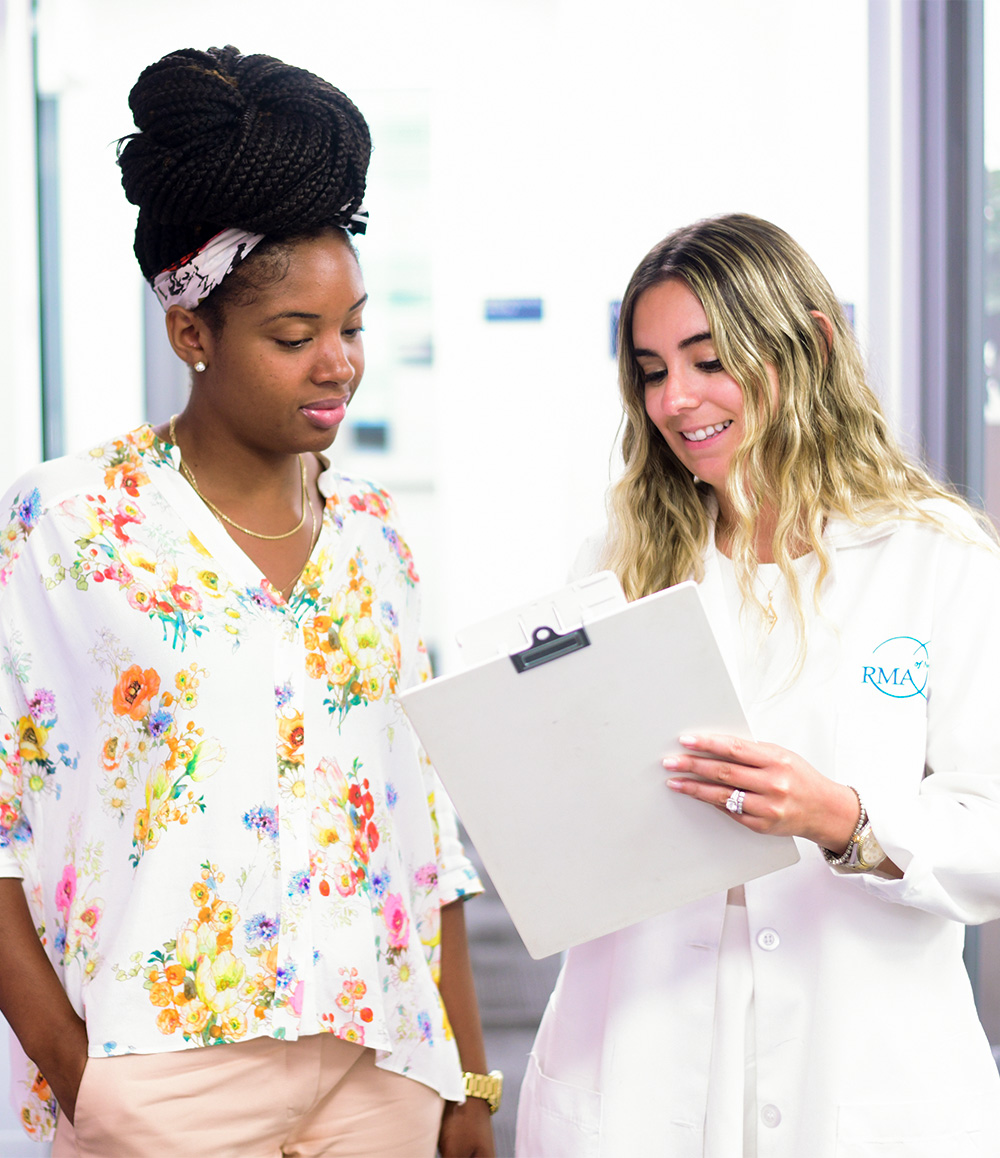
Why RMA of New York
RMA of New York serves as the Division of Reproductive Endocrinology and Infertility at Mount Sinai Medical System. Our laboratory team is dedicated to scientific discovery, graduate medical education through RMA of NY’s REI Fellowship Program, and individualized care that focuses on you.
Our team of embryologists are consistently recognized as innovators in reproductive science and medicine, and security and safety standards. RMA of New York has been at the forefront of embryo freezing technology and cutting-edge research, helping countless individuals and partners achieve the dream of building a family.
Featured Resources
![Ep 171: Fertility and Perimenopause Dr. Adrienne Mandelberger]() Podcast
PodcastEp 171: Fertility and Perimenopause Dr. Adrienne Mandelberger
Perimenopause is a topic that is not discussed often enough and having the conversation helps …
Read More![The River Journal: A Journey Through Loss, Hope, and the Miracle of Life: One Couple’s IVF Story]() News & Press
News & PressThe River Journal: A Journey Through Loss, Hope, and the Miracle of Life: One Couple’s IVF Story
A patient of Dr. Rachel Gerber's at RMA of New York’s Westchester practice opens up about her …
Read More![Evaluation and Management of Recurrent Pregnancy Loss]() Blog
BlogEvaluation and Management of Recurrent Pregnancy Loss
Recurrent pregnancy loss (RPL) is commonly defined as two or more clinical miscarriages. RPL is …
Read More
Get Started
It’s never too early to learn about your fertility and reproductive options.
Have questions?
We can help.
Patient-centric reproductive medicine is our specialty, and we look forward to answering any questions you may have.







